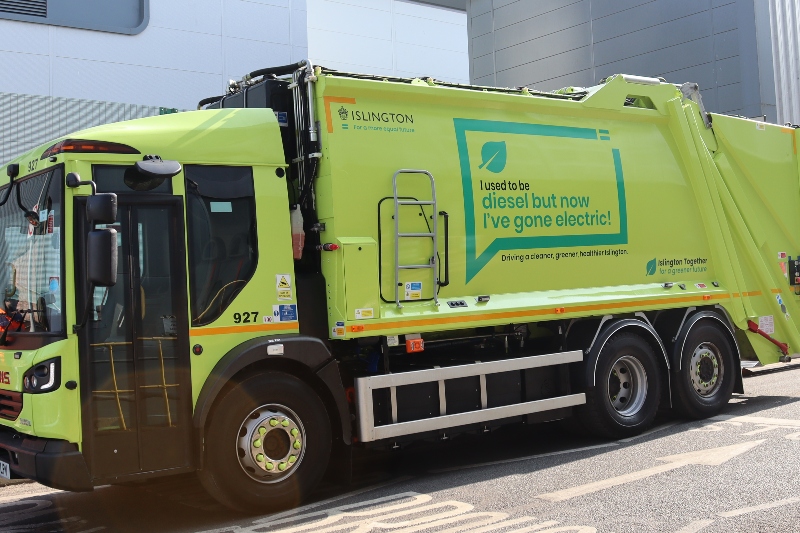Refuse Vehicle Solutions (RVS) has successfully delivered the second electric conversion of a Dennis Twin Pack refuse collection vehicle to Islington Council.


The second order follows last year’s success when RVS converted the world's first Dennis Twin Pack refuse collection vehicle and is one of four that will be converted before 2023 for the Islington Council.
These vehicles will help reduce emissions in the borough and ensure local people have cleaner air to breathe.
The conversion process is highly sought after by councils, due to the lower purchase cost of the vehicles. The instrument cluster and main components are identical, meaning even the hardest to please operators are positive about the upgraded vehicles.
Unlike other electric refuse collection vehicles, the batteries are more cost-effective too. The latest technology has resulted in rarely degraded battery cells being able to be replaced cheaply and easily, as opposed to having to change the entire battery which is wasteful and expensive.
The eco-friendly conversions are cobalt-free and offer a long-life battery with high stability.
‘We're pleased to be working with Islington Council again and we look forward to repowering more of their vehicles,’ said Josh Law, head of technical at RVS.
‘The second order is a statement of how well the first electric conversion is performing and It marked a significant milestone as we are the only UK organisation with this type of experience! The EMOSS technology used in the conversion has been perfected over the last 20 years, is reliable, and represents a cost-effective solution for local councils looking to reduce emissions from their fleet.’
The RVS Dennis Twin Pack electric conversion features a 200 kW battery, which for Islington Council would allow the crew to use the vehicle for two shifts on one charge.
The EMOSS battery cells can achieve an average of one mile per 1% of the batteries charge. The battery can be recharged in around 4.5 hours, thanks to its on board charging facility that can connect to a standard 32 or 63amp plug. On the fast charge option, it will fully charge in 1.5 hours.